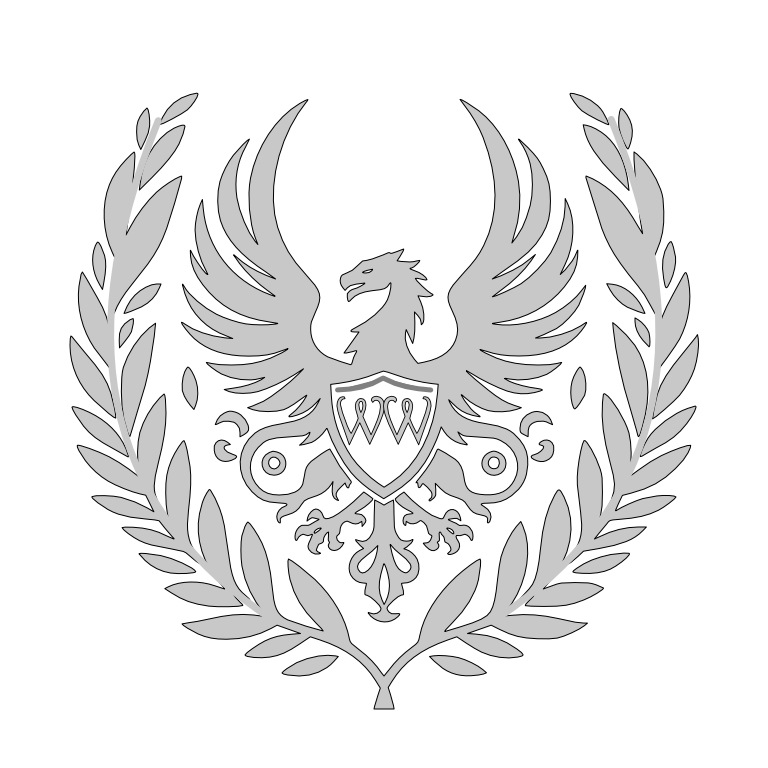My wife is wicked smaht. She has degrees from some of the best schools in the world, but my favorite alumni community is Stanford.
I often join her at Stanford alumni events. Even though I didn’t attend Stanford myself, I’ve never felt like an outsider. The conversations flow easily, though I can tell the alumni have a deeper reservoir of intellectual stamina than I do.
Last night we went to an event on the new Stanford president’s world tour. This was the second presidential tour I’ve attended. Like before, everything was top-shelf—the food, the drinks, the company.
The evening began with remarks from the new president, who struck me as more in tune with the energy of the alumni and student body than his predecessor. His choice to host the event in an engaging, open style set the tone for the night.
We then heard 15-minute, TED-style guest lectures ranging from bioengineering innovations that reduce pesticide use to the legal frameworks of fashion—fittingly, during New York Fashion Week. Every talk was sharp and thought-provoking.
After a short break, the program resumed with a live taping of The Future of Everything podcast. The panel featured Neale Mahoney (Economics), Susan Athey (Business/Law), and Fei-Fei Li (AI).
The panelists were broadly optimistic about AI. They compared it to electricity or personal computers—general-purpose technologies that touch every industry. Neale Mahoney, however, stressed that optimism shouldn’t blind us to risk. He argued that society is still in John Rawls’s “veil of ignorance,” unsure who will benefit and who will be harmed. He suggested unemployment could hit 10% during the transition, unless governments strengthen the social safety net.
I agree with his framing but question his numbers. During the industrial revolution, mechanization of farming displaced millions of workers, pushing unemployment as high as 19% during the Great Depression. Back then, machines replaced human muscles. Now, AI threatens to replace human brains. And unlike before, we don’t have another economic “trick” to fall back on. My prediction is that AI could drive unemployment back to Great Depression levels. No government is ready for that scale of disruption. If it comes, nations may respond by restricting or even shutting down AI development.
I wish I’d had the chance to press Neale further, but a long line of actual alumni queued up to speak with the panelists. I stepped aside.
Final Thoughts
I don’t have much pride in my own alma mater. I was the first in my extended family to graduate college, and I only keep in touch with one classmate. When I hear Syracuse alumni boast about their school pride, it mostly comes across as sports talk—and honestly, a little cringe.
By contrast, the camaraderie among Stanford alumni feels genuine. It isn’t about sports; it’s about shared curiosity and intellectual energy. I’m grateful I get to experience it through my wife.
